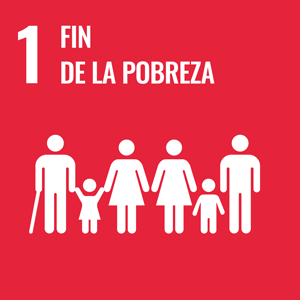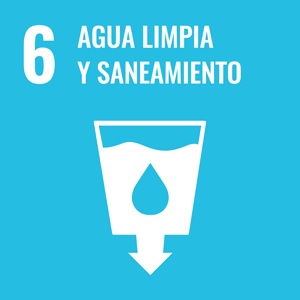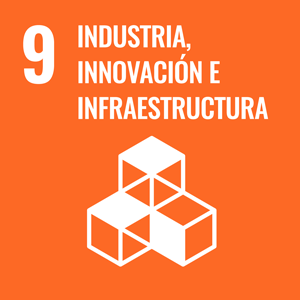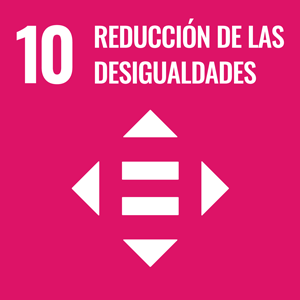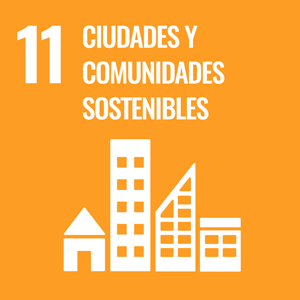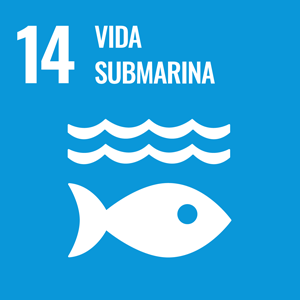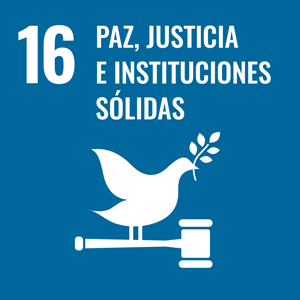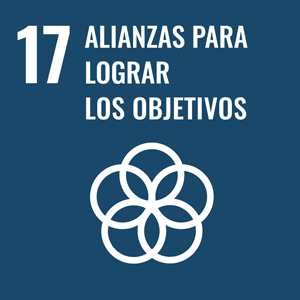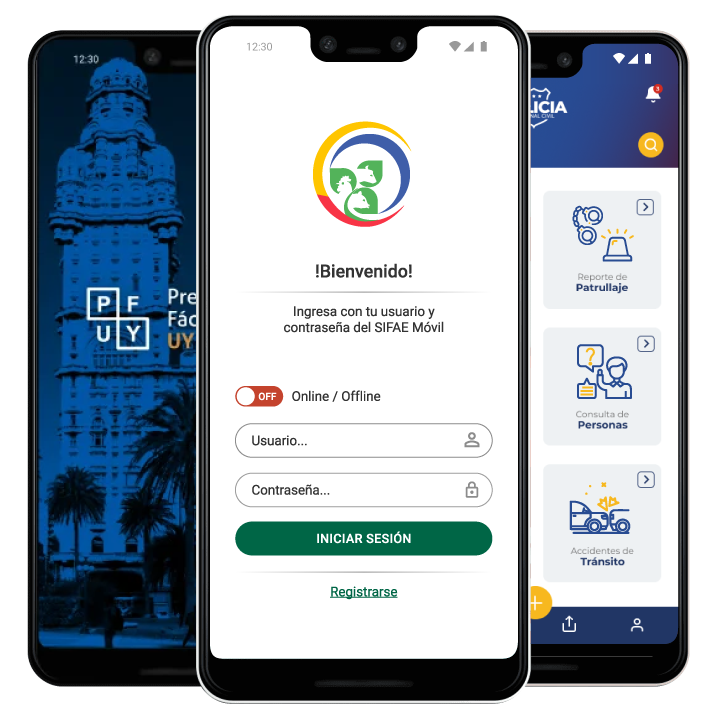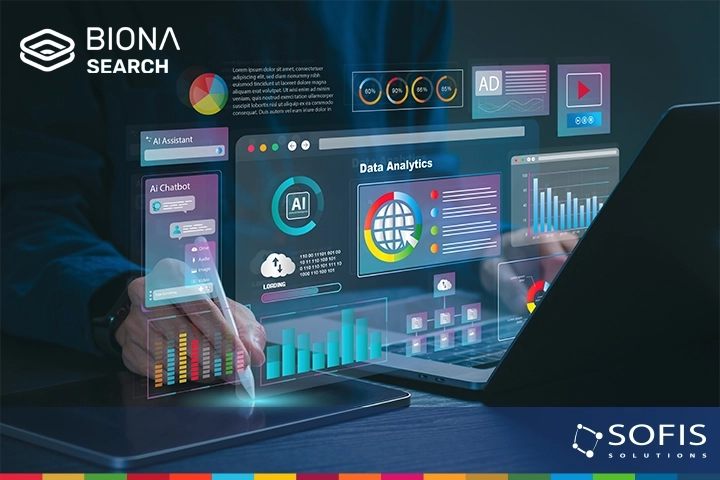 Beneficiary: National Public Education Administration - Directorate of Early Childhood and Primary Education
From 2015 to 2022
Country: Uruguay
Beneficiary: National Public Education Administration - Directorate of Early Childhood and Primary Education
From 2015 to 2022
Country: Uruguay
GURÍ Proyect
The Gurí Project consists of the implementation of a centralized information system that will allow the Unified Management of Information Records for ANEP/CEP. This system will bring significant advantages, as it will improve the conditions of the student and teacher databases, the collection of statistical data at the national level, as well as the monitoring and control of student attendance obligations. Being a technological advancement, the new system implies a reduction in the time spent on tasks and will allow secretaries and directors to focus on pedagogical activities, without having to dedicate extensive time to administrative tasks.
The data systematization also contributes to improving the quality of responses when information requests arise.
 Beneficiary: Ministry of Education, Science and Technology
From 2020 to 2022
Country: El Salvador
Beneficiary: Ministry of Education, Science and Technology
From 2020 to 2022
Country: El Salvador
Educational Geographic Information System - El Salvador
It includes the georeferencing of educational centers and allows citizens to search for them using different criteria.
The SIGES consultancy consisted of building an information system that centralizes student data at the national level and includes information on students from Early Childhood Education to Secondary Education in its various service modalities. This system was developed by the Ministry of Education of El Salvador and benefits both the educational community and the general public.
SIGES is composed of 8 interoperable modules: Students, Educational Centers, Educational Site Staff, School Documentation, Educational Statistics, Integrated Systems, School Finances, and Management Information System.
Additionally, tools were developed and implemented to benefit the national education system, including:
- Launch of 2 mobile applications (for teachers and family guardians)
- Enablement of online procedures
- Incorporation of 4 Public Portals (Educational Sites Portal, Educational Sites Map, Open Data Portal, and Educational Statistics Portal)
- Incorporation of verifiable QR codes for Secondary Education diplomas.
- Incorporation of Simple Electronic Signature.
The system has implemented interoperability mechanisms through Tenoli (the interoperability solution based on X-Road).
 Beneficiary: Ministry of Education, Science and Technology
From 2019 to 2021
Country: El Salvador
Beneficiary: Ministry of Education, Science and Technology
From 2019 to 2021
Country: El Salvador
SIGES Parents App
One of the tools incorporated during the SIGES consultancy was the launch of a mobile application aimed at mothers, fathers, and legal guardians (persons registered on the student’s enrollment record).
Through this application, family guardians have access to the following features:
- Enrollment: View student-related information (date of birth, full name, and academic level).
- Attendance: Access the full attendance record of the student, including justified and unjustified absences.
- Educational center: View all information related to the educational institution.
- Send messages: Guardians can contact the school directly via messaging.
- Request enrollment: Access general information about the educational centers registered in SIGES nationwide to carry out the enrollment process.
- Procedures: Start a process online through the app without needing to go to the Ministry of Education’s office.
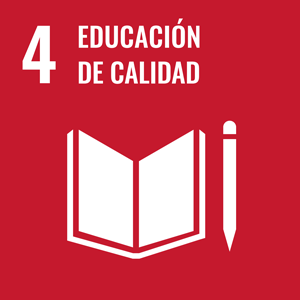
 Beneficiary: Ministry of Education, Science and Technology
From 2019 to 2021
Country: El Salvador
Beneficiary: Ministry of Education, Science and Technology
From 2019 to 2021
Country: El Salvador
SIGES Teachers App
As part of the SIGES consultancy, a mobile application was developed for teachers, allowing them to record and view student attendance for a section, as well as detect potential early warning signs of student dropout.
This application includes the following features:
- Early warnings: The app can detect potential risk of school dropout.
- My sections: List of sections assigned to a teacher.
- Attendance: Teachers can take attendance of their students through the app.
- Offline mode: Allows attendance to be recorded without internet access. Once reconnected, the app automatically syncs with SIGES without data loss.

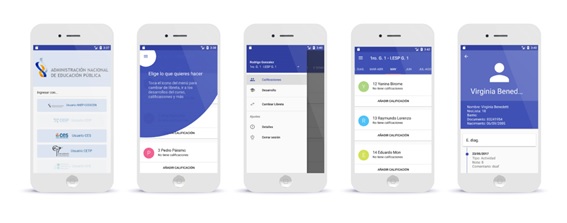 Beneficiary: National Administration of Public Education
From 2016 to 2020
Country: Uruguay
Beneficiary: National Administration of Public Education
From 2016 to 2020
Country: Uruguay
Digital Portfolio
The project involves the design and implementation of an information system for data entry within the framework of teaching activities in a class-group (for example: 1st year, group 3, Mathematics), such as course planning, activity reports, daily grades, periodic evaluations, etc.
Additionally, it facilitates the review of data entered by teachers by principals, inspectors, and assistants, as well as the sending of notifications among these different education stakeholders. Due to the dynamism and variety of curricula currently in force in the country, the system adapts by defining different evaluation periods (bimonthly, quarterly, semester-based, etc.), types of grades (numeric: 1-12, numeric: 0-100, etc.), and types of evaluations (written, oral, workshop, laboratory, practical, etc.), as well as the extensibility of parts of the interface.
 Beneficiary: Ministry of Labor and Social Security
From 2010 to 2012
Country: Uruguay
Beneficiary: Ministry of Labor and Social Security
From 2010 to 2012
Country: Uruguay
Via Work
This project aimed to build a labor intermediation platform that would allow employers, citizens, and training entities to interact in a way that addresses existing labor demand, supported by tools provided by the National Employment Directorate.
Through the platform, companies can present their labor needs, citizens can apply for job offers, and training entities can offer training based on identified needs, helping to close the gap between job seekers and the demands of companies.

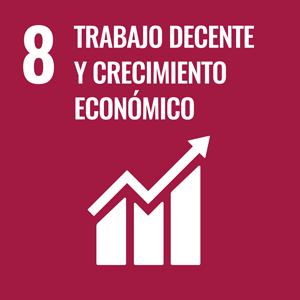
 Beneficiary: Sectoral Tourism Committee - Salvadoran Chamber of Tourism (CASATUR)
From 2020 to 2020
Country: El Salvador
Beneficiary: Sectoral Tourism Committee - Salvadoran Chamber of Tourism (CASATUR)
From 2020 to 2020
Country: El Salvador
Integrated Tourism Training System (SIFOTUR)
The SIFOTUR project consisted of the design, development, and implementation of software for the Technical Training Programs for the Tourism Sector in El Salvador. This project contributes to enhancing skills and competencies to generate greater employment opportunities in companies within the tourism sector, thereby improving job placement and, as a result, people's quality of life.
This solution was developed for the teaching of four occupational careers in the tourism sector: Restaurant Manager, Hotel Manager, Hotel Receptionist, and Tour Product Designer. It is composed of 3 modules: Restaurant, Hotel, and Tour Operation.

 Beneficiary: National Directorate of Youth and Adults (DNEJA) of the Ministry of Education, Science and Technology of El Salvador (MINEDUCYT)
From 2020 to 2020
Country: El Salvador
Beneficiary: National Directorate of Youth and Adults (DNEJA) of the Ministry of Education, Science and Technology of El Salvador (MINEDUCYT)
From 2020 to 2020
Country: El Salvador
Comprehensive Operational Management System (SIGO)
The consultancy for the SIGO project consisted of the development and implementation of a comprehensive management solution for Flexible Modalities and Technical Training, which included regulations and was based on three core pillars: Academic, Didactic, and Financial, for the Education Project for Children and Youth in El Salvador.
This system is composed of the following modules: Student Enrollment and Registration, Academic Monitoring, Academic Repository, and Finance and Administrative Management.
Additionally, this information system enables the generation of traditional reports, reports with data analytics from other system modules, and it is interconnected with the Salvadoran Education Management Information System (SIGES).



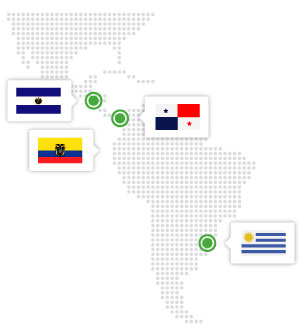




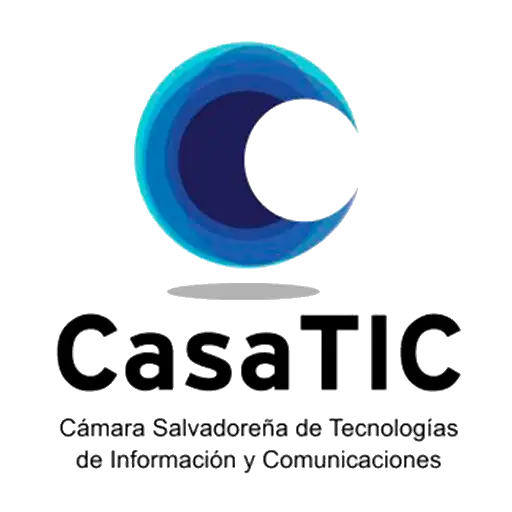











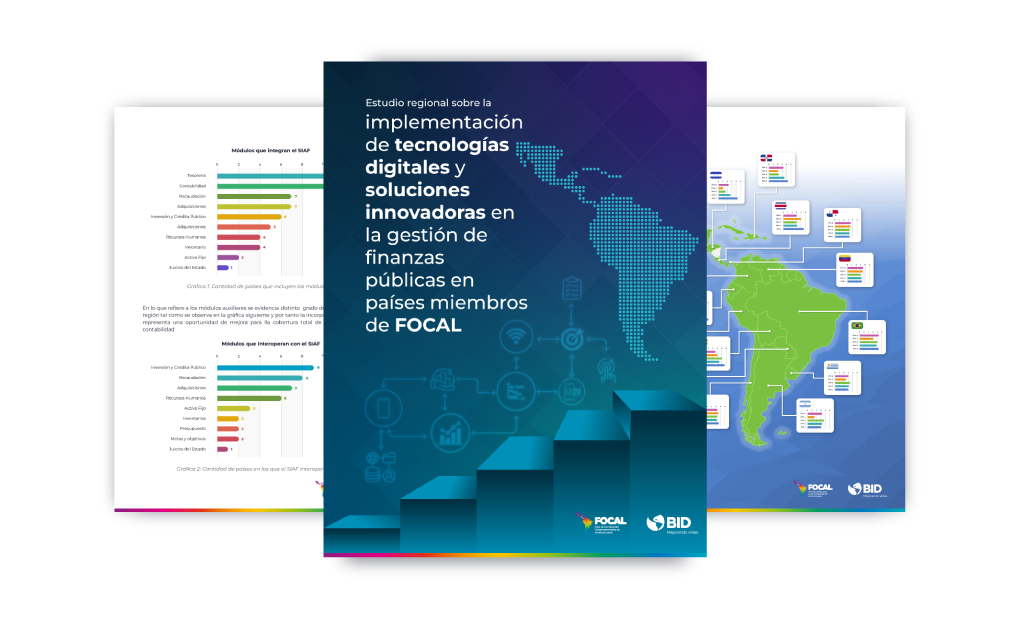
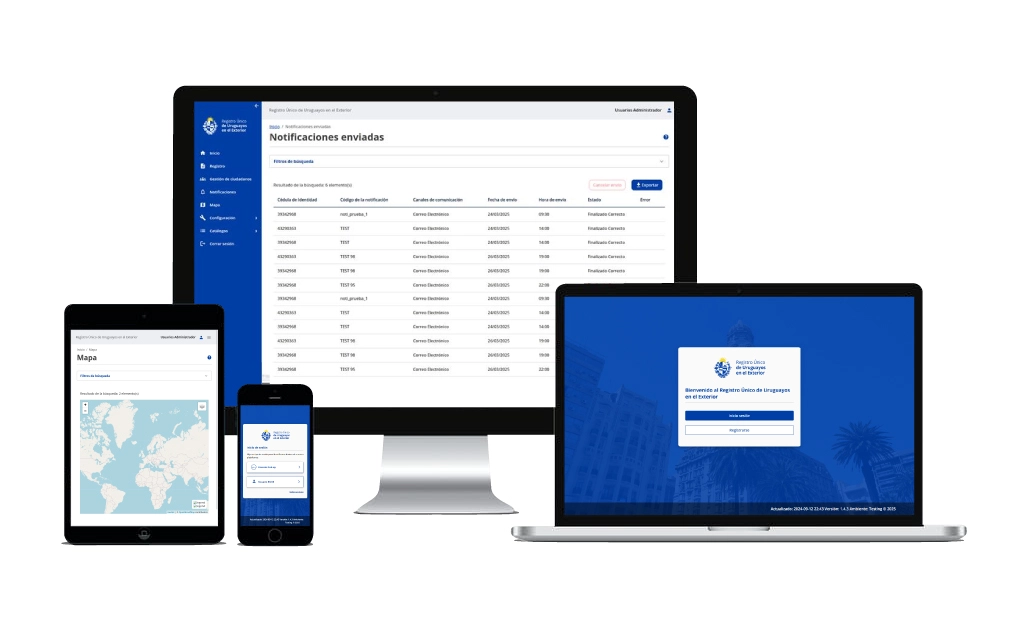
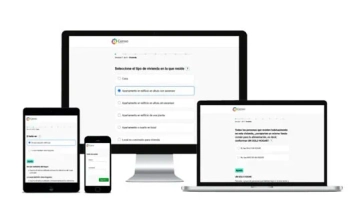
 Digital Signature
Digital Signature